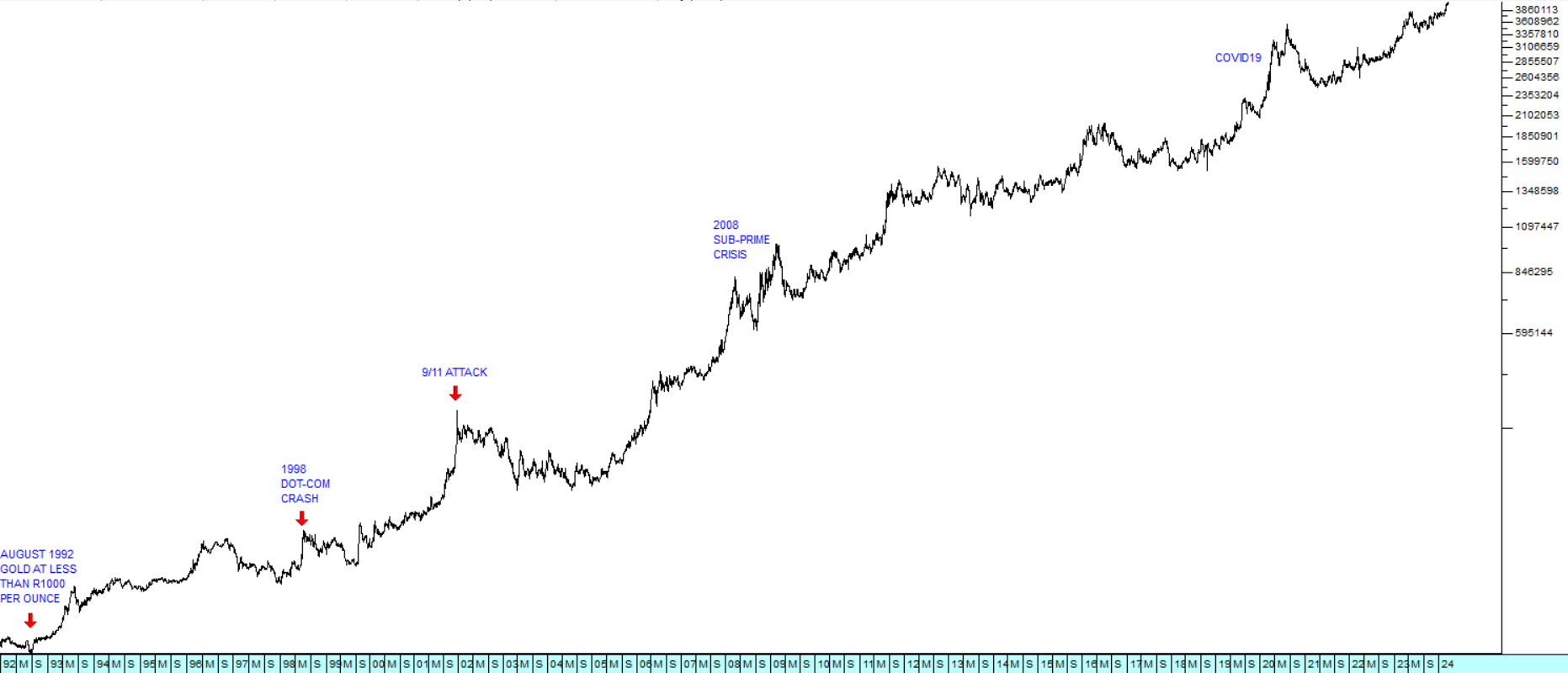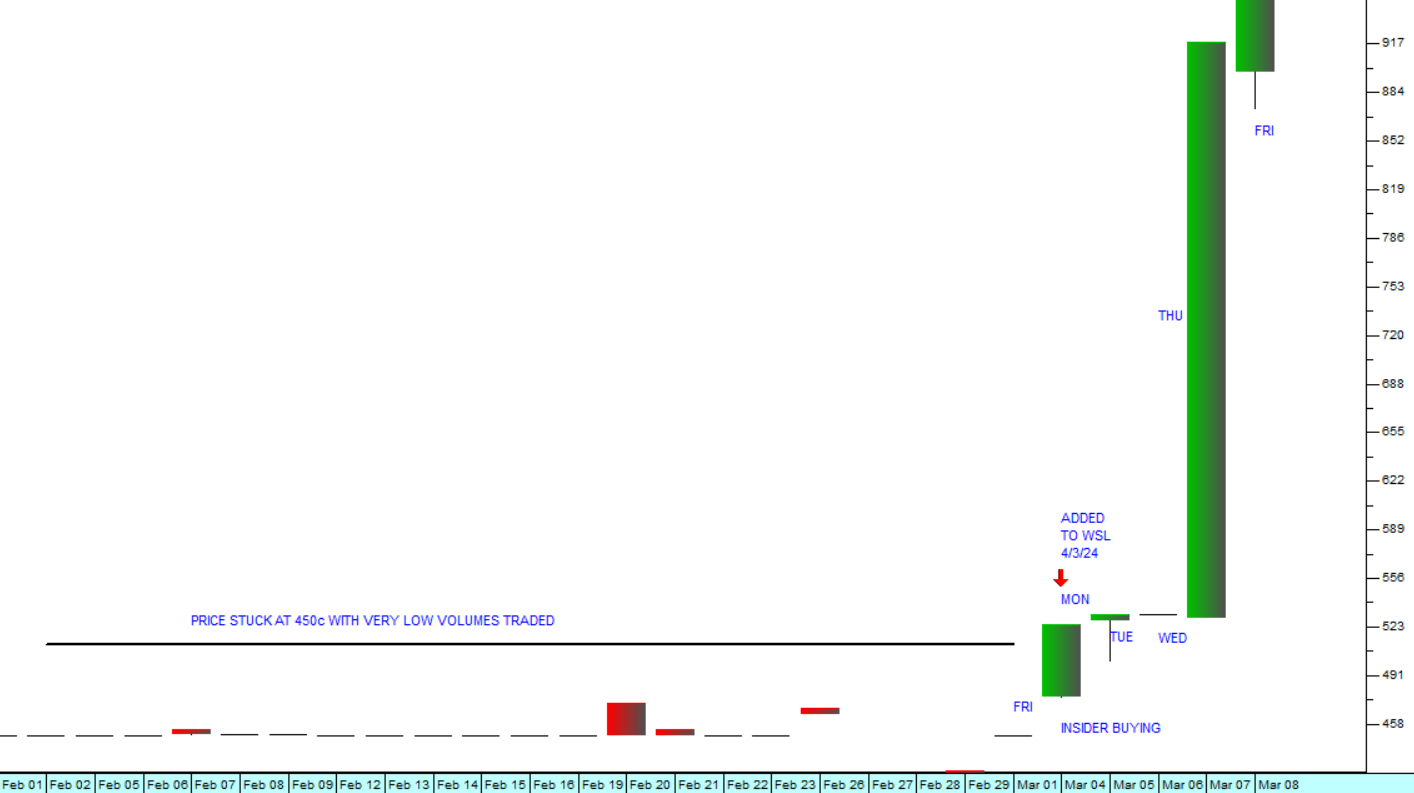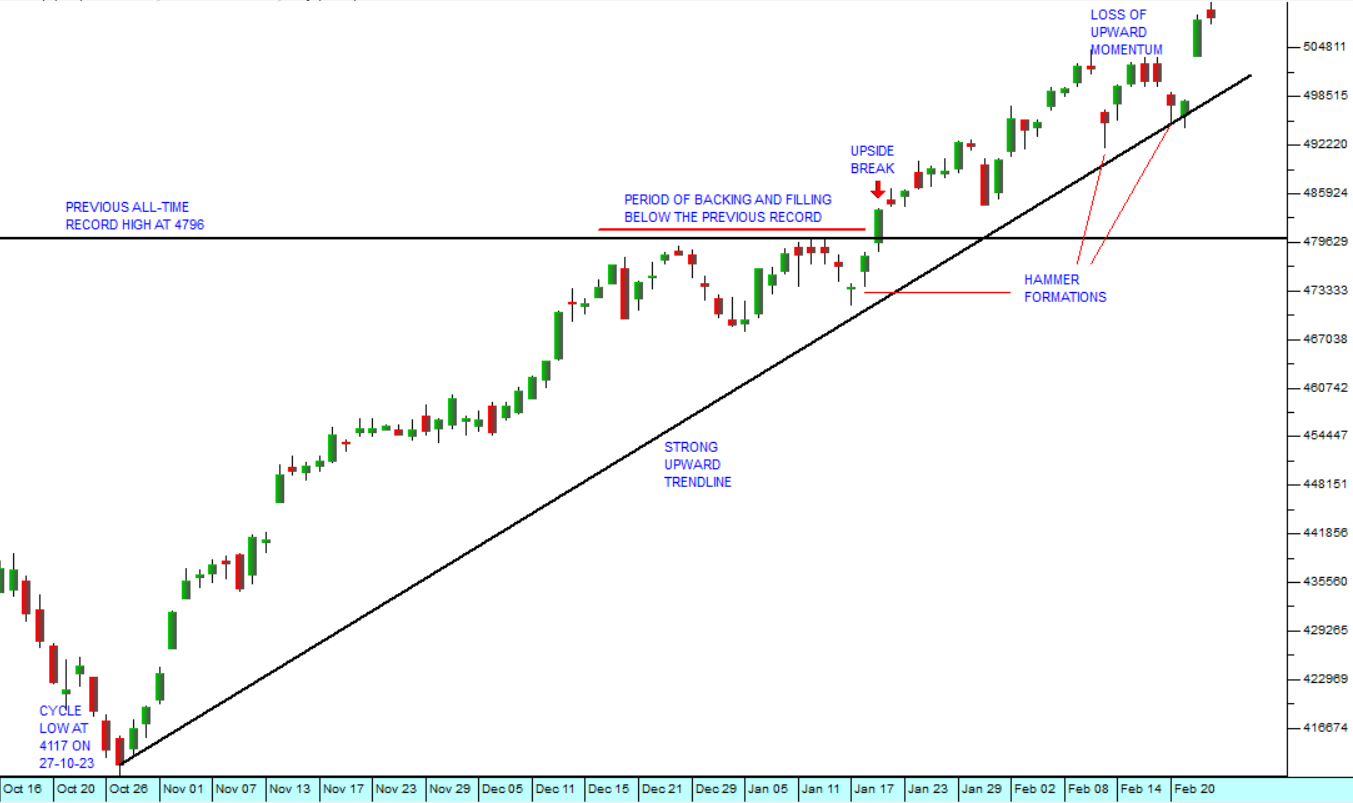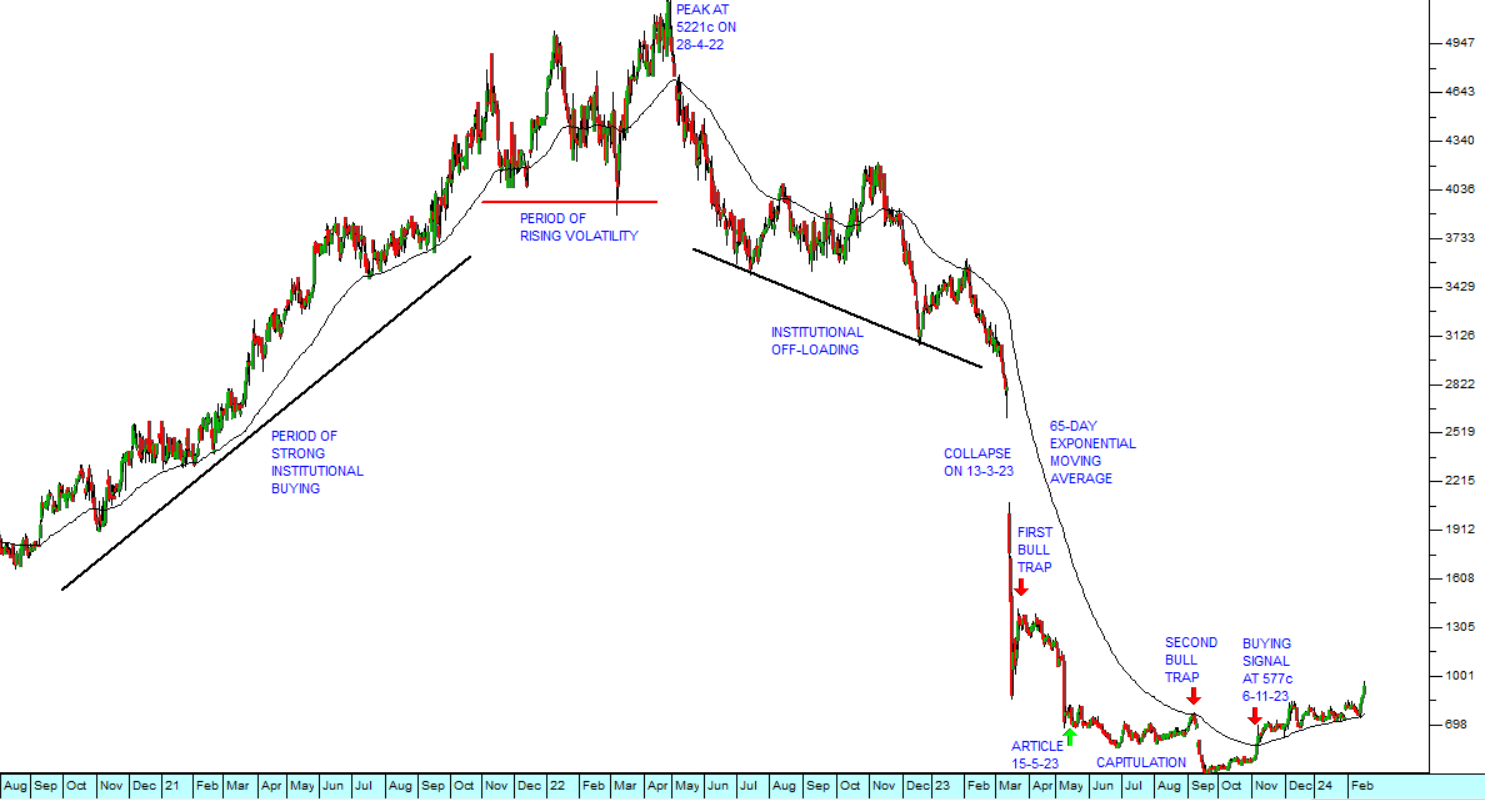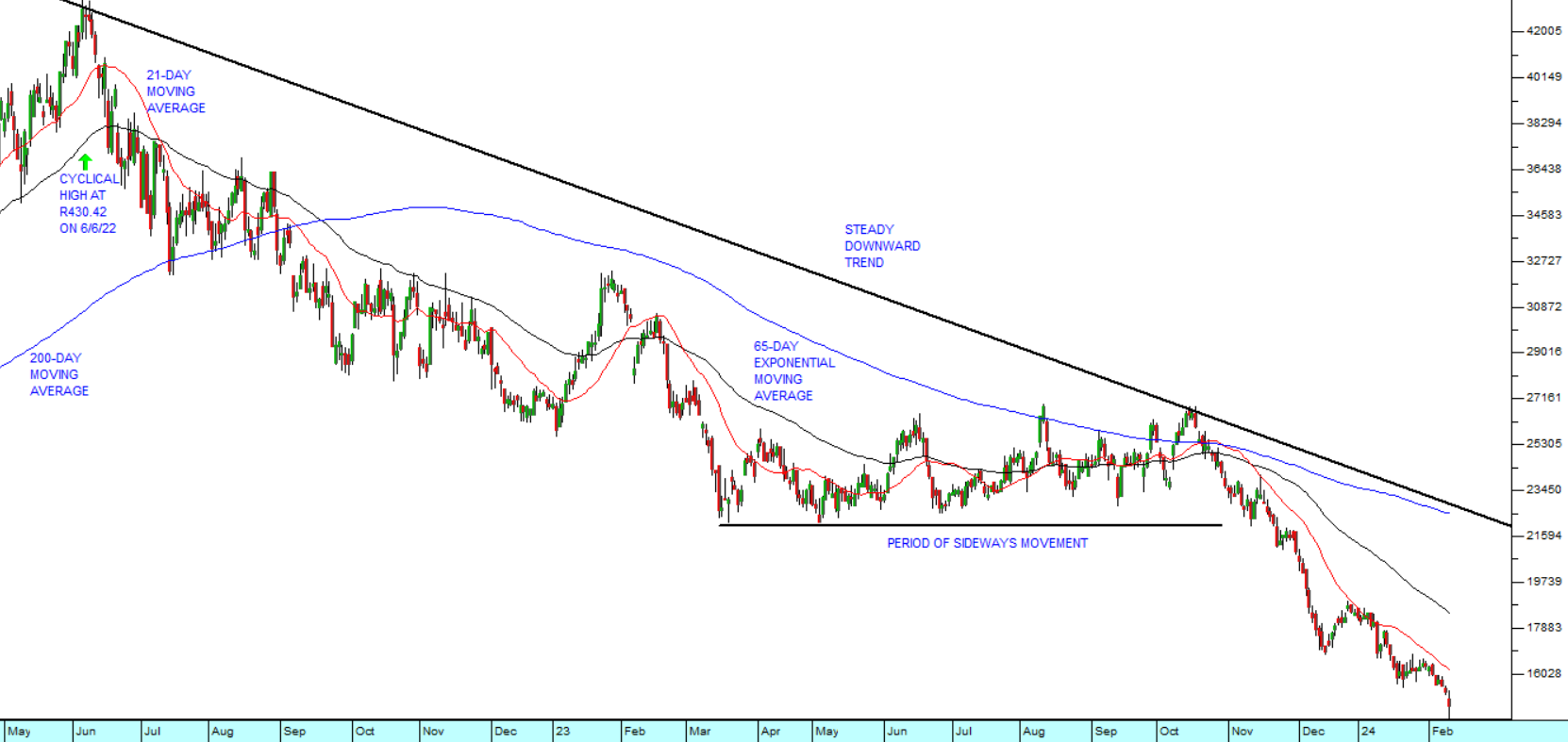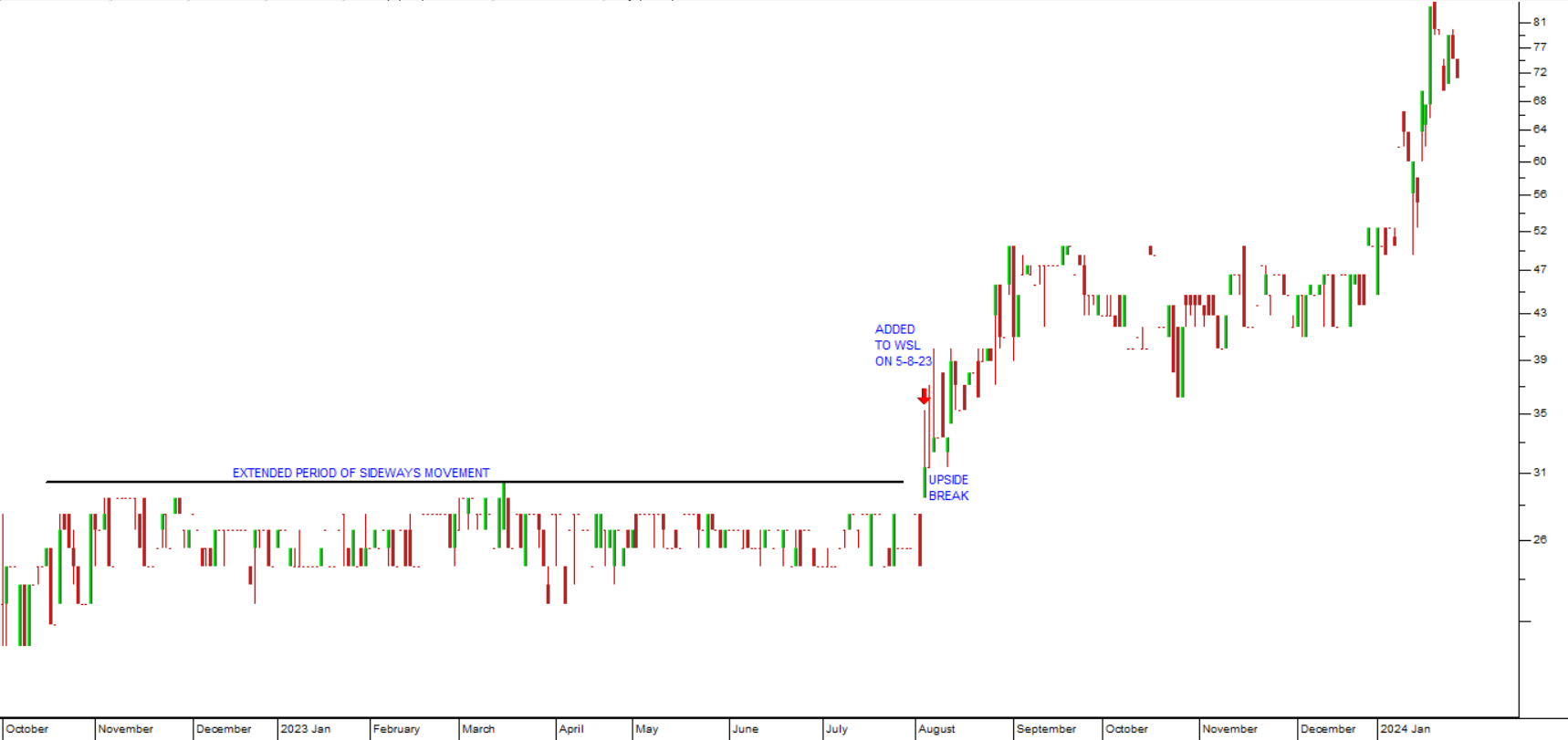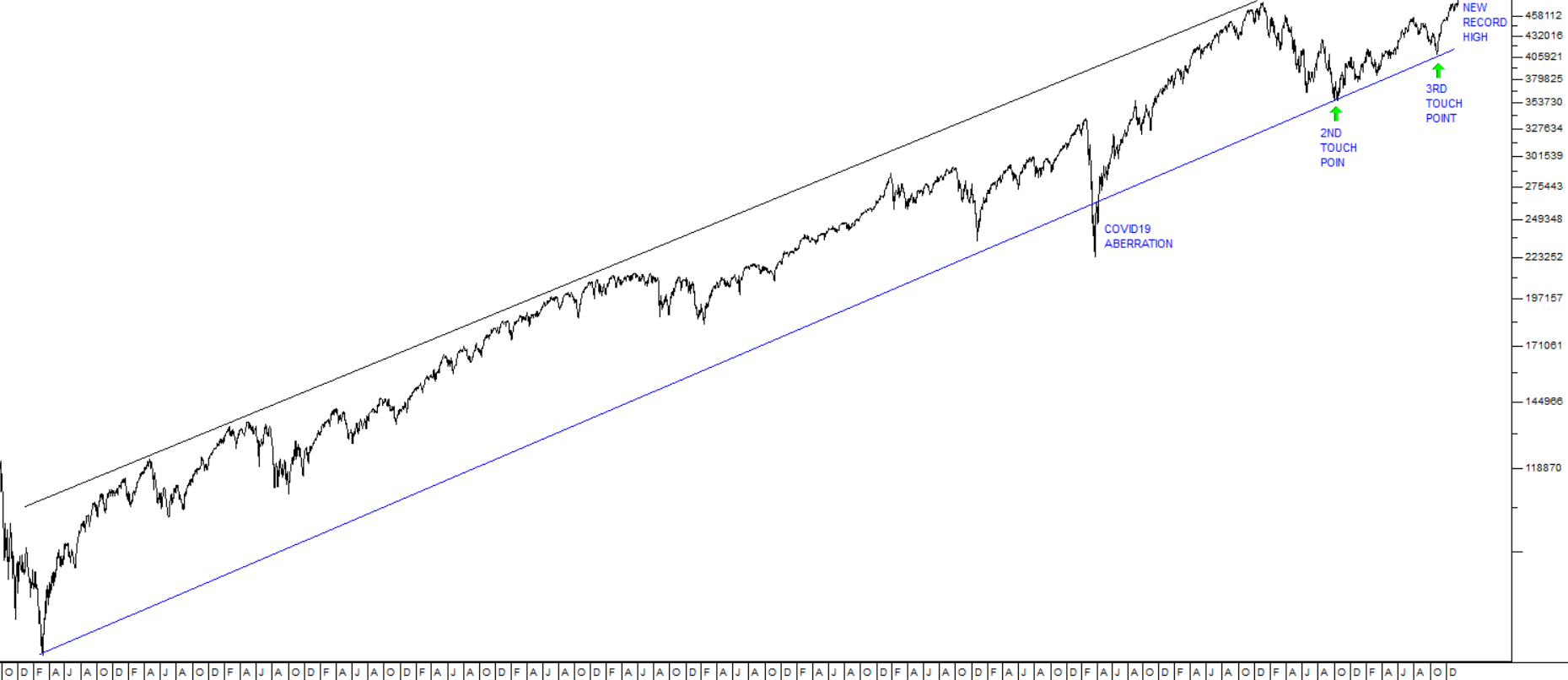Post Script - Mining
25 October 2018 By PDSNETOn 12 October 2018, we published an article on mining in South Africa. One of our clients very kindly corrected some of our mistakes in that article and added more value. He has agreed that we publish his contribution. Historically the economies of countries first depended on easily exploited resources on land and sea and, as technology developed on, mined minerals. South Africa is no different and due to gold particularly at one stage, the country’s economy could be described as a one commodity economy. It should further be noted that thanks to Rhodes and others of his time, mining was based on cheap labour, and even until today it still is. With respect to gold in alluvial form, it was mined by our ancient ancestors across the globe as gold particles and nuggets was easily separated from other materials. Gold in hard rock presented a problem as the rock needed to be crushed and milled to liberate the gold before it was recovered by gravitational means. In the late 1800s, near surface gold was indeed very viable. The next hurdle to keep gold mining viable was the introduction of the cyanide process in the early 1900s. Gold mining prospered until the gold price was fixed at $35/oz and higher and higher grades needed to be mined, as costs increased and mining got deeper. When the two-tier gold price was introduced in the early seventies, and gold rallied to over $800/oz, large volumes of marginal ore became profitable. Heap leaching of sulphide ores had no impact on the profitability of deep level mining as it only contributed marginally to the bottom line of mines. Mainly used to treat old mine dumps. Where does this take the Witwatersrand type gold mines? Existing mines will soon exhaust its accessible payable ore reserves as costs increase and the gold price is locked at current levels. I do not foresee any investment in new South African gold mines irrespective of technological advances or favourable legislation. Do remember that, according to the theory, gold was deposited by rivers flowing into a lake. In such deposits, the heavier material will be deposited first as the rate of flow carrying the material slows down. With reference to platinum, with the marginal average grades of the ore and the low platinum price only near surface, mines will survive. Yes, indeed South Africa can expect investment in other mined minerals, but mining is unlikely to ever again make a significant impact on the economy or alleviate the current high unemployment levels. Reasons:
- The capital cost required to sink and establish a deep level mine will be capital intensive and it will take years before it comes into production.
- The average grades will need to be very high to offer the mines life to generate an acceptable return on investment.
- Narrow highly fractured narrow ore bodies have always been extremely labour intensive and despite the best efforts of the industry will always be.
- The operating cost of such mines can be prohibitively high as the cost of hoisting, refrigeration, pumping, processing is power (electricity) hungry.
- Current legislation and political demands will be the last nail in the coffin.
- Based on the fact that at its height, South Africa produced 75% of the worlds newly mined gold and now a fraction of that tells the story in a nutshell.
DISCLAIMER
All information and data contained within the PDSnet Articles is for informational purposes only. PDSnet makes no representations as to the accuracy, completeness, suitability, or validity, of any information, and shall not be liable for any errors, omissions, or any losses, injuries, or damages arising from its display or use. Information in the PDSnet Articles are based on the author’s opinion and experience and should not be considered professional financial investment advice. The ideas and strategies should never be used without first assessing your own personal and financial situation, or without consulting a financial professional. Thoughts and opinions will also change from time to time as more information is accumulated. PDSnet reserves the right to delete any comment or opinion for any reason.
Share this article:


